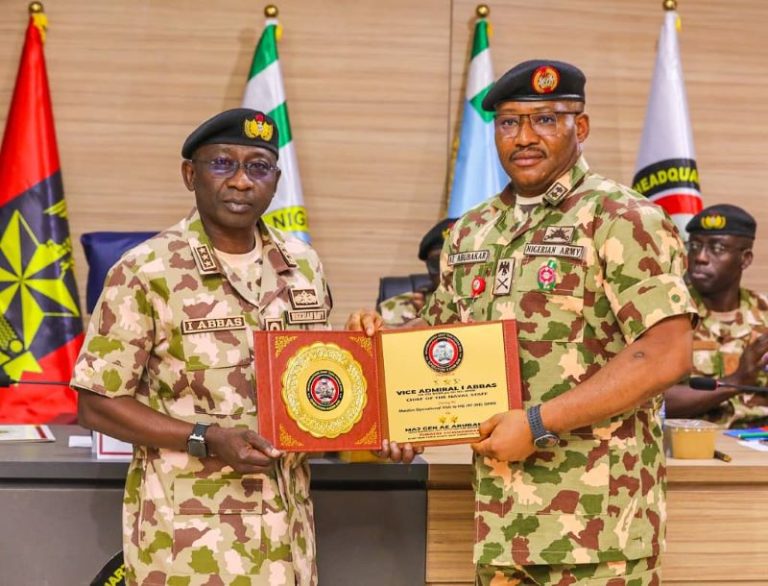Almost two years on from a landmark summit on safeguarding in the aid sector, sexual abuse and exploitation are still “widespread” and continuing unreported, according to experts.
While the United Kingdom’s Department for International Development was said to have made some progress in the area, the government was also accused of “shifting the responsibility” onto NGOs. DFID admitted there is still “more to do.”
In addition, the pandemic “really is having an impact” on efforts to tackle sexual abuse and exploitation within aid, according to Alina Potts, research scientist at the Global Women’s Institute at The George Washington University.
“The conditions of COVID-19 are putting communities more at risk in many ways. … A lot of funding is moving to the COVID-19 pandemic response, away from things like gender-based-violence services,” Potts told the International Development Committee of U.K. politicians who monitor DFID’s work.
She said that safe spaces where women can receive confidential support or access services have closed and that the pandemic is “exacerbating these existing power imbalances,” making it harder to report abuse.
Potts continued: “We have communities that have maybe less access to aid — it’s harder for them to travel and to move around. There’s a lot of fear. … We can see a real vacuum where many humanitarian staff no longer go into communities. … People can then exploit that vacuum and say, ‘I can get you access, I can get you assistance, if you have a relationship with me.’”
But even when services are in place, sexual abuse and exploitation still continue almost unabated, according to Rosa Freedman, professor of law, conflict, and global development at the University of Reading.
“We have to accept that this is widespread. …Reporting rates are low in any country. … Reporting doesn’t happen of most sexual abuse, even where it’s a crime, let alone sexual exploitation,” Freedman said. Laws against sexual abuse and exploitation do not always exist, or are very weak, in some countries where aid agencies work, she added.
“I don’t think we have any idea of the scale of this problem, but we do know it’s widespread and we know it’s about power,” Freedman added. She continued: “In IDP [internally displaced people] camps, there are people who are physically contained, they cannot leave because it’s unsafe to leave … and they are wholly dependent on the people providing services. Sexual abuse and exploitation is perpetrated at a much higher rate [in camps] than in any other conflict and crisis zone, because there is no escape and no ability to provide food or shelter for themselves.”
She added that “we have to understand that power dynamic to think about how widespread the problem is and where the problem will be most manifest.”
Another witness, Miranda Brown — an independent consultant and former whistleblower on sexual exploitation within the United Nations — said reporting problems were not restricted to victims.
“We need to protect aid workers so they can disclose abuses,” Brown said, adding that some staff members are “very scared” of retaliation or losing their job.
DFID has rolled out a number of measures since the 2018 safeguarding summit, though plans for an international safeguarding ombudsman were dropped in late 2019. Measures taken by the department include launching a resource and support hub, working with law enforcement agencies to improve criminal record checks, funding a new aid worker registration scheme, and backing tougher checks for staff misconduct.
But Freedman said DFID’s response had not included the crucial measure of stopping funding to organizations that do not adopt adequate safeguarding measures.
She said: “DFID has a large amount of money, and it’s very difficult to give that money to small organizations. It’s much easier to give large pots of money and then say to the organizations, ‘You must now be accountable for this.’ … DFID almost are just shifting the responsibility onto those organizations. … They are asking the people who have created the problems or overseen the problems happening to now respond to them and address them, and that’s not the right way to do it.”
Freedman added that “the U.K. government should be looking to models that have worked, whether it’s in FIFA, in the private sector, whether it’s in multilateral organizations, and thinking how to use those processes that have worked and transplant them into the aid sector.”
Brown told politicians that DFID’s safeguarding policies were “just not being implemented.”
“Since the committee’s last inquiry, DFID was supposed to do, for example, an audit of whistleblower protections in organizations; this hasn’t been done. There’s been zero progress on that front,” she said.
NGOs that receive tax-funded grants need to be better incentivized to improve their performance on safeguarding, Brown added.
A DFID spokesperson said: “We are absolutely clear the aid sector should be free from sexual exploitation, abuse, and harassment. We have made some progress on this issue, including launching schemes to stop perpetrators of sexual abuse from working in the sector, but there is more to do.
“All our funding partners must have clear processes for investigating any allegations of misconduct and protecting whistleblowers. We will continue to take robust action to make sure aid does not go to organizations that fall short of our high safeguarding standards.”
William Worley is the U.K. Correspondent for Devex, covering DFID and British aid.
©devex
https://any.peopleandpowermag.com/sexual-abuse-in-aid-sector-still-widespread/




